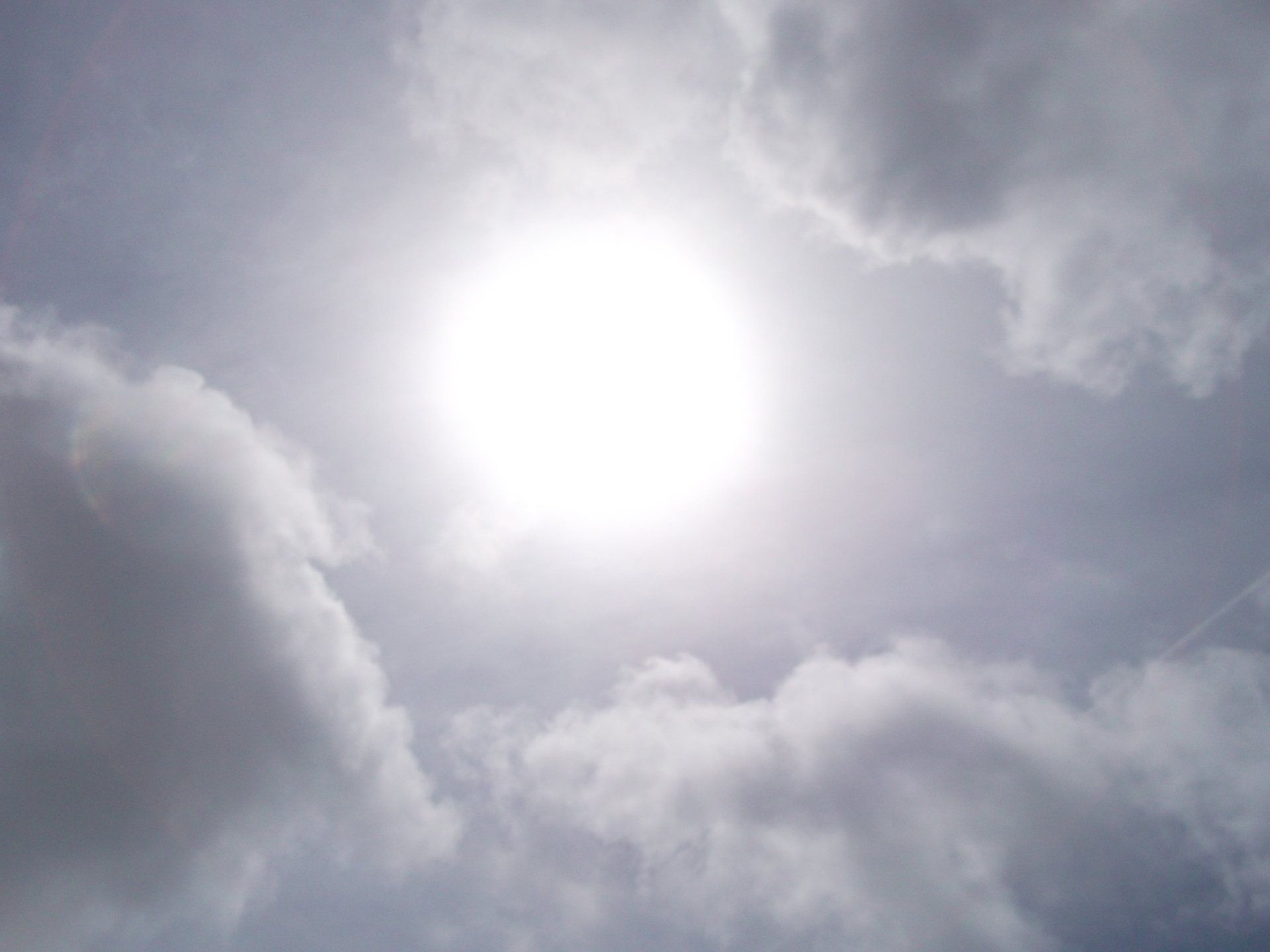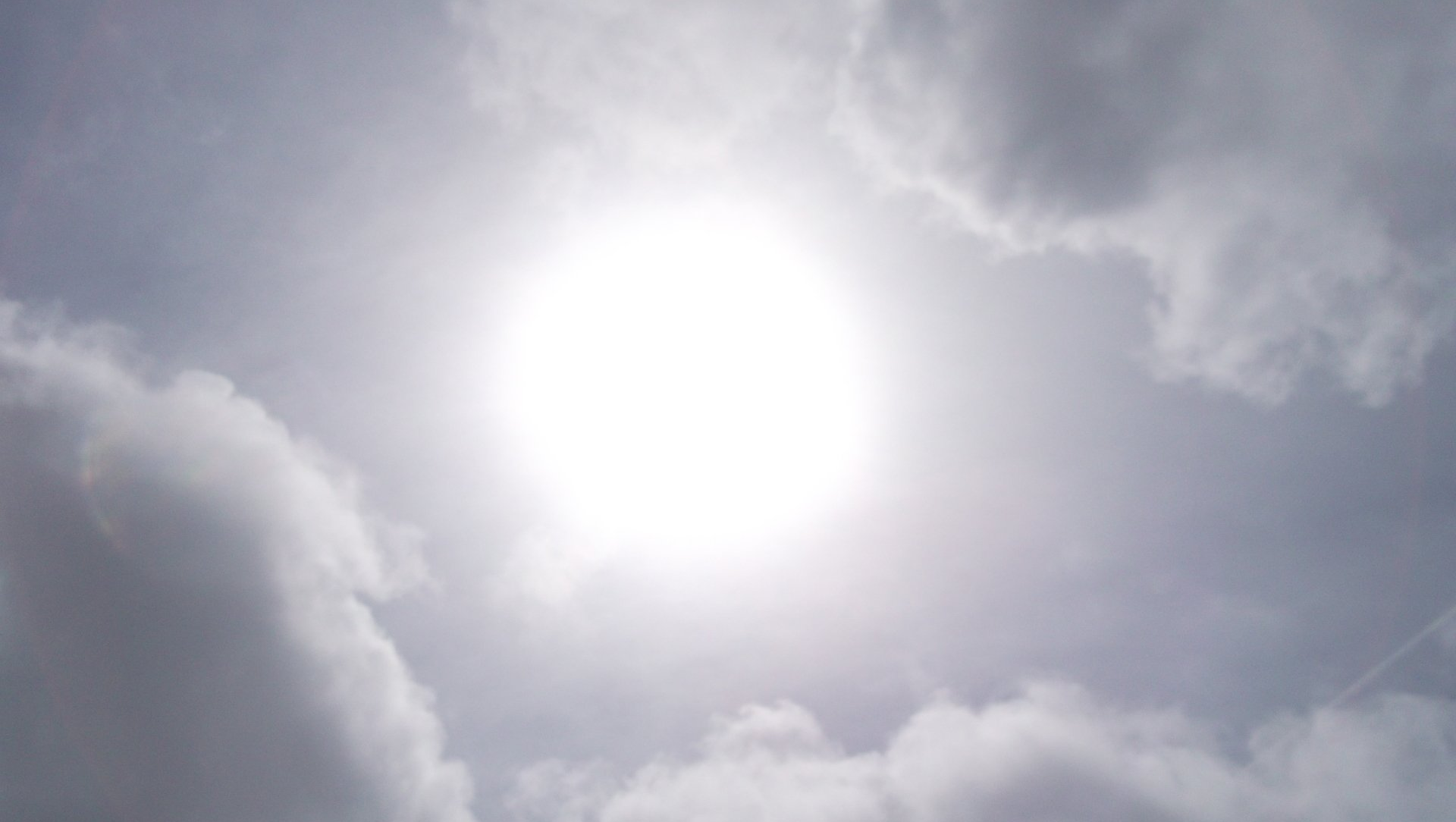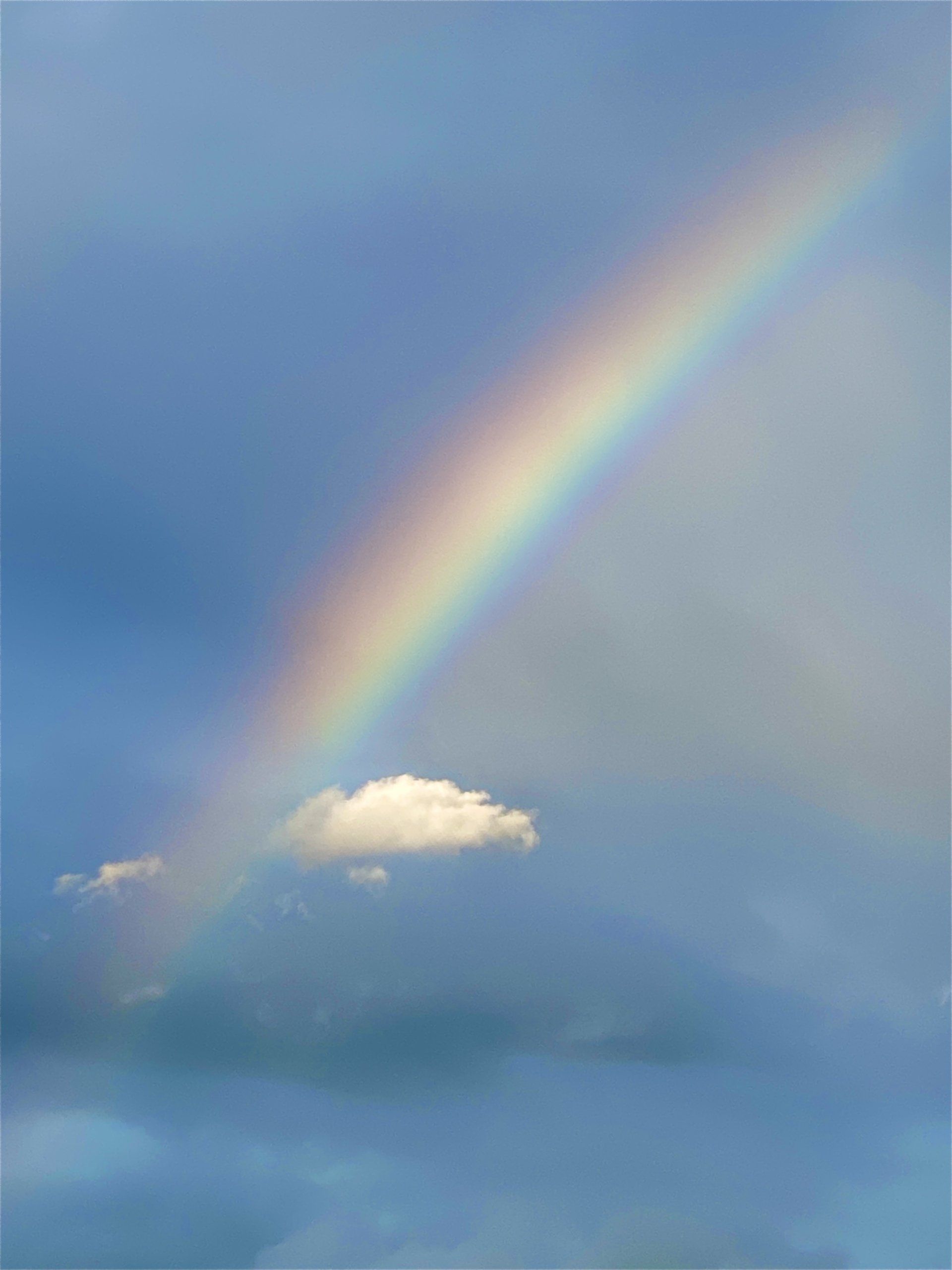Winter Turns into Spring - The Blog
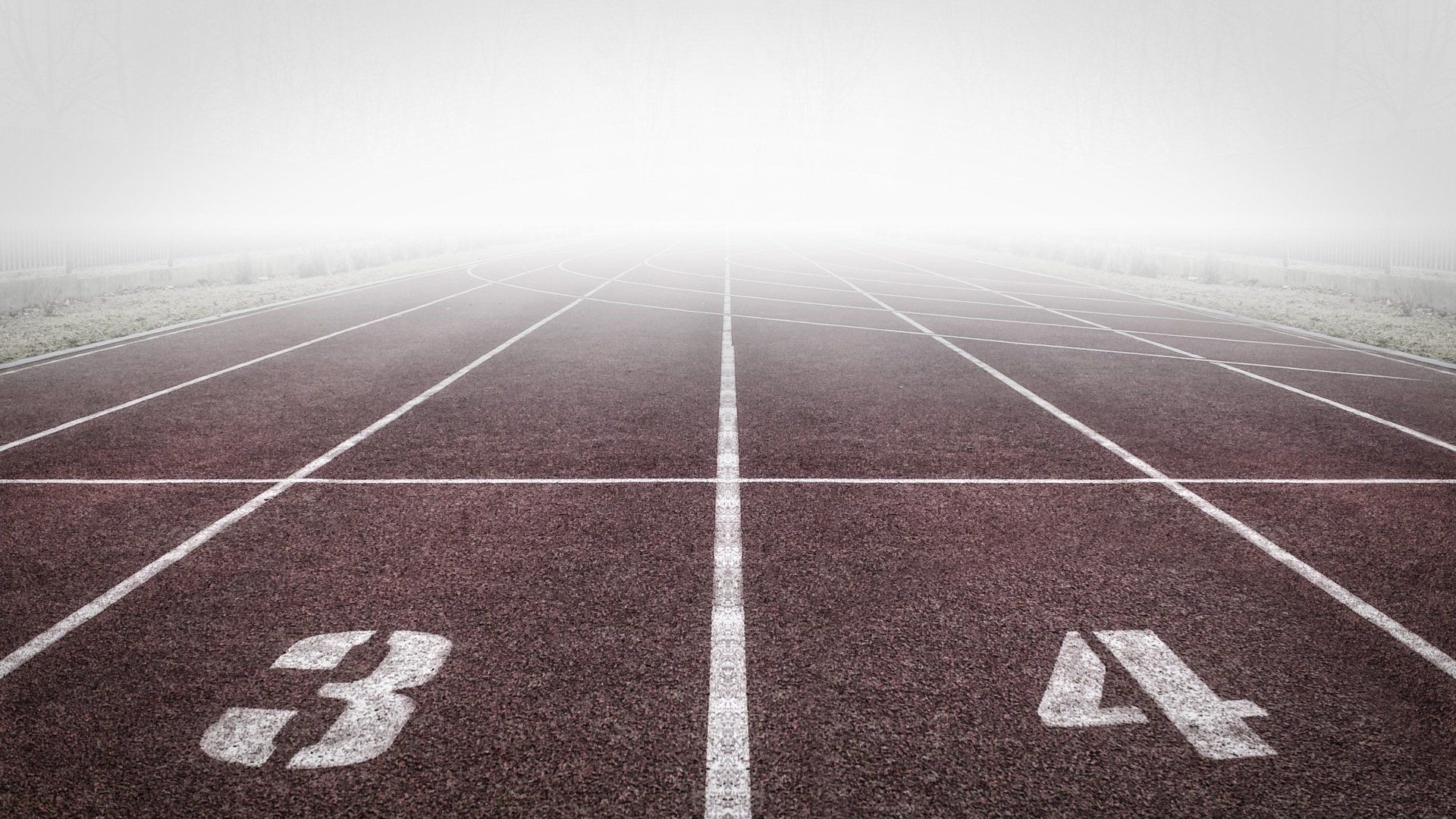
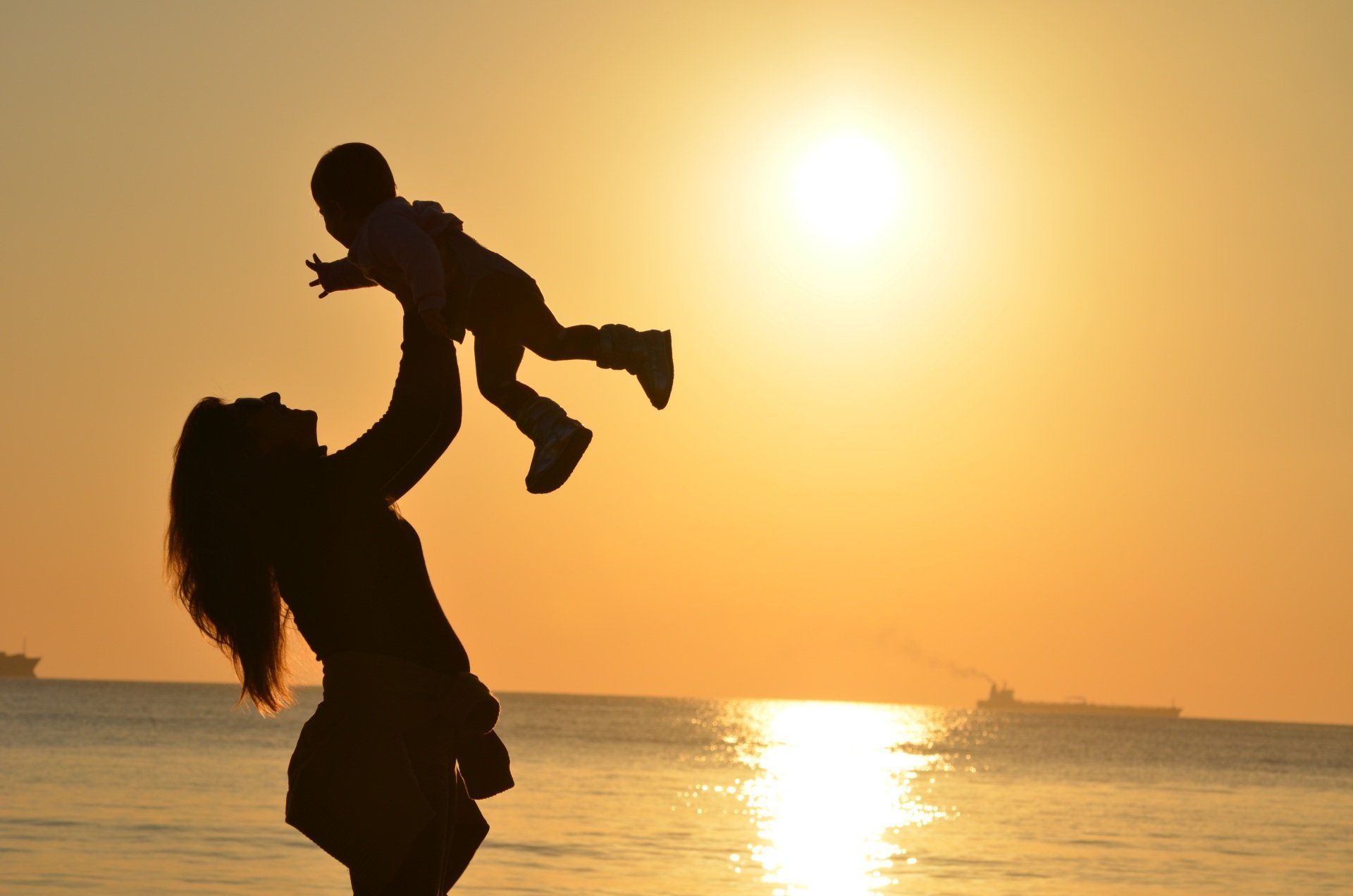
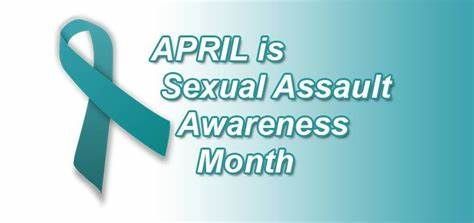
In recent years, researches have finally made the link between trauma and addictions. Indeed, it is time to recognise addictions for what they are: direct effects of trauma, ways to numb the pain experienced by survivors. In this article, I am focusing on the link between Child Sexual Abuse and addictions.
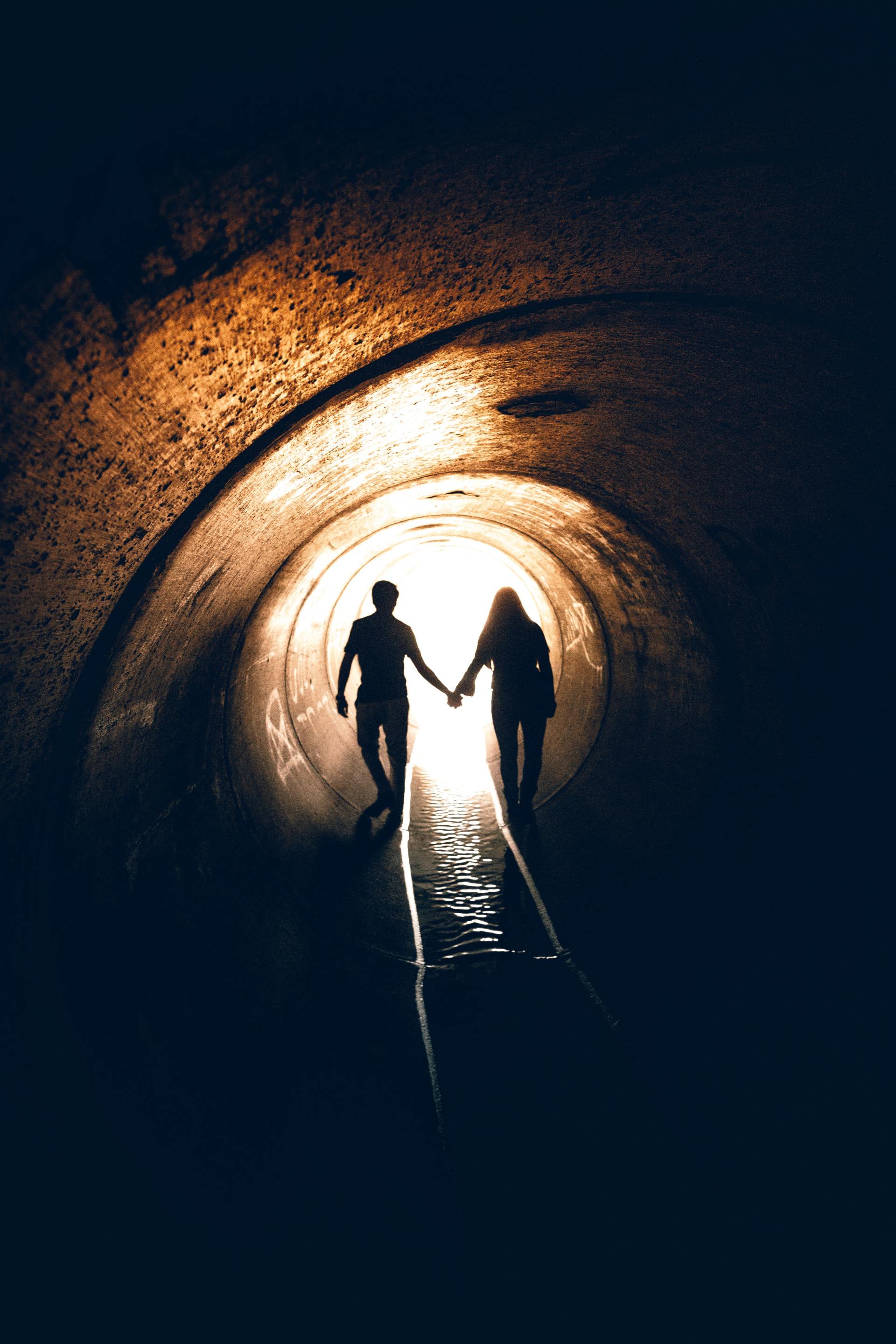
Sex and love addiction is not measured or diagnosed in quantity but instead by the negative impact and consequences associated with the behaviour, on yourself and others. It is characterised by obsessive feelings and behaviours which the sufferer feels compelled to repeat regardless of the consequences. These behaviours and thoughts get progressively worse, ultimately resulting in the breakdown of personal relationships. This repetitive pattern with negative consequences can happen both as a result of excessive acting out (sexual bulimia) or the opposite, sexual anorexia.
Love addiction behaviours
- Clinging to an idealised relationship, despite a different reality
- Returning time and again to an abusive and damaging relationship
- Placing responsibility for emotional wellbeing on others
- Craving attention from many different relationships and seeking new sources of attention
"We need to stop stereotyping all abuse victims as codependent and start refocusing on the traumatic bond that forms between abuser and survivor, regardless of the victim’s traits."
"When it comes to living in a perpetual war zone of intermittent kindness and chronic cruelty, there is no ‘enabling’ of the abuse, merely a need to survive in a hostile environment."
"Even if you feel you have codependent traits or were ‘primed’ by childhood abuse, the abuse you’ve experienced in any stage of your life is still not your fault. You are not an “enabler” of the abuser. You are a victim who has been traumatically bonded to an abuser as an effort to survive. "
